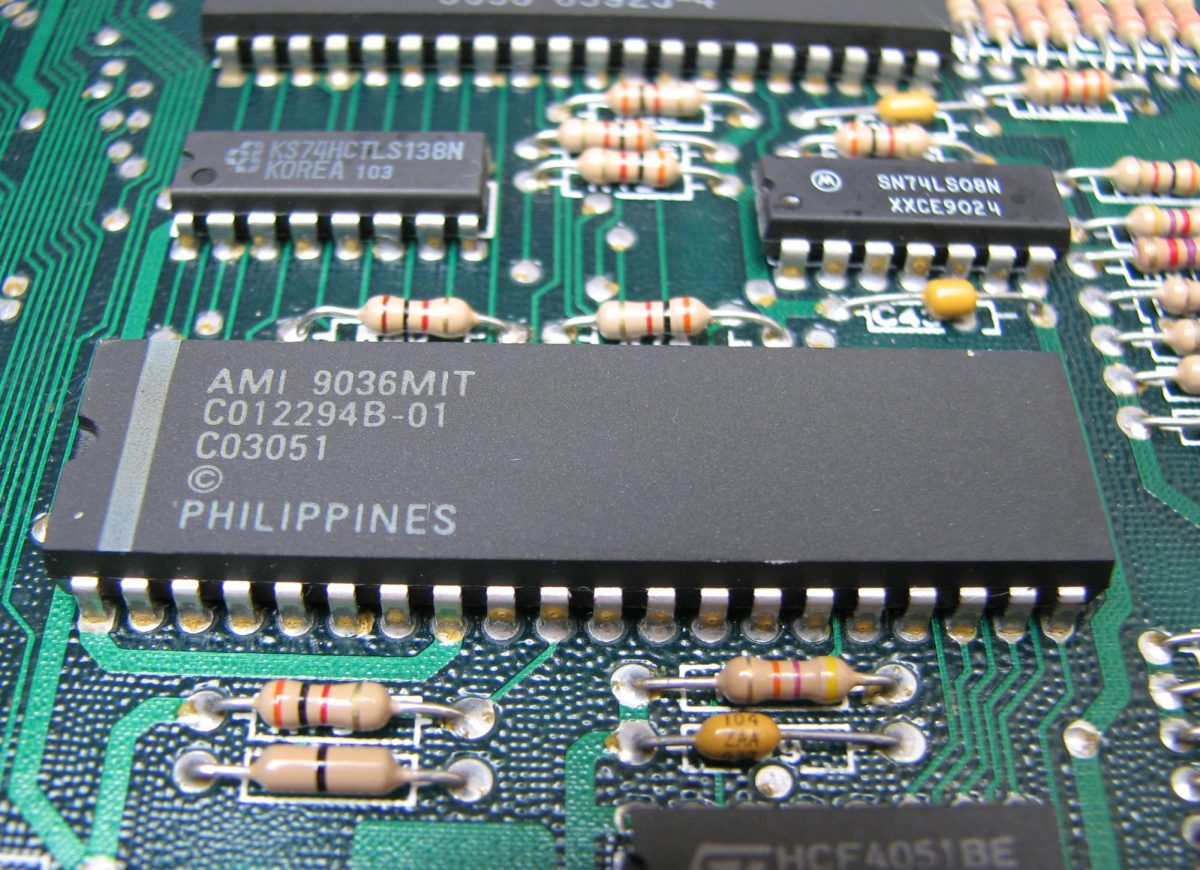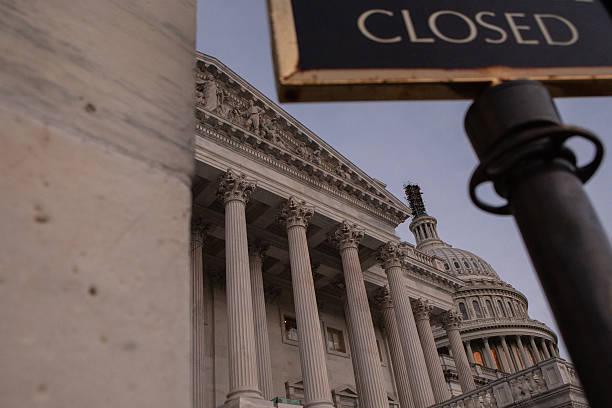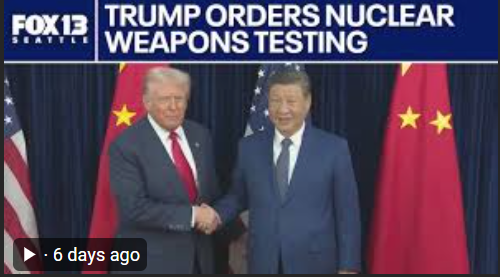The Trump Administration is escalating its trade war with a round of investigations into tariffs but this time zeroing in on semiconductors, chipmaking equipment, and pharmaceutical imports making significant expansion of what officials call a strategy to “restore” vital supply chain items.
In a move that came with little formal announcement, the Department of Commerce posted notices late Monday on the Federal Register, opening a three-week public comment period on proposed tariffs. Though President Donald Trump recently paused several broad tariff hikes for 90 days, excluding those affecting China he reaffirmed that targeted tariffs on drugs, lumber, copper, and computer chips remain on the table.
The latest investigation falls under section 232 of the Trade Expansion Act of 1962, a provision that allows the president to impose trade restrictions for national security. The Commerce Department Stated that the inquiries will assess whether the U.S. can meet its demand for Semiconductors through domestic production and examine the consequences of heavy reliance on foreign manufacturing particularly in Taiwan and South Korea.
“These chips aren’t just in your phone—they’re in everything from your fridge to your car,” Commerce Secretary Howard Lutnick said during an interview on ABC News. “And right now, we depend too much on other countries to make them. That’s a vulnerability.”
Taiwan makes 92% of the world’s most advanced Microchips while South Korea makes the other 8%, according to the International Trade Administration. While companies like Taiwan Semiconductor Manufacturing Co. (TSMC) are building factories in the U.S., experts say it could take years to fully move production to the U.S.
The administration is also looking at medicines as more than 70% of the ingredients used to make drugs in the U.S. come from other countries, especially India, China, and members of the European Union.
“We’re doing it because we want to make our drugs,” Trump said on Monday. “And we’re going to do that in the not-too-distant future.”
Even though the U.S. makes about 20% of the world’s medicine, it uses nearly 45% of them, far more than any other country. The administration sees this as a national security risk and wants to reduce the need to rely on foreign suppliers.
Although Trump has delayed some tariffs on electronics, Secretary Lutnick said that other areas like medicines, semiconductors, and cars will have their special tariffs, these “sector-specific”, otherwise known as targeted tariffs, are not up for negotiation, unlike the broad “reciprocal” tariffs of up to 50% on certain countries.
For now, President Trump has implemented a 90-day pause on the tariffs for certain items from China, including Computer Chips. Despite the temporary halt Trump has reaffirmed that he still intends to move forward with imposing these tariffs once the pause expires. The administration maintains these targeted tariffs are crucial to reshoring critical American industries.
This move has already affected global markets. Asian stock prices rose after the temporary pause on electronics tariffs, but the uncertainty remains on how far the U.S. is willing to go with these new trade tariffs.

















